Carpentry – the art of crafting beautiful and functional objects from wood – requires skill, precision, and dedication. Carpenters work with various tools, including saws, hammers, drills, and chisels, to create everything from furniture and cabinets to buildings and bridges. However, with great power comes great responsibility, as carpentry can also be dangerous, involving equipment that can cause injury and even death. Thus, carpenters must have comprehensive insurance to protect themselves, their businesses, and their clients. In this blog, we will explore the three pillars of carpenters insurance – tools, injury, and liability – and how they work together to form a secure foundation for carpenters.
The Pillar of Tools: Guarding Your Assets
The foundation of any carpentry business is the tools used to create the finished products. With these tools, carpenters can complete their jobs and earn a living. Therefore, it is essential to have tools insurance to cover any damage or loss of equipment. There are many types of tool-related damages, such as theft, accidents, or natural disasters, and insurance for each is critical.
Basic tool insurance covers damages caused by accidents or theft while the tools are used on the job site. On the other hand, comprehensive tool insurance extends coverage to include theft or damage that occurs while the tools are in transit or storage. Comprehensive tool insurance is more expensive than basic tool insurance, but it offers broader protection.
The Pillar of Injury: Protecting the Craftsperson
Carpentry has inherent dangers, such as cuts, falls, and strains. According to the Occupational Safety and Health Administration (OSHA), carpenters are at high risk of injury due to the heavy materials they use, the tools they operate, and the heights they work at. Injury coverage is essential to cover medical expenses and lost wages in case of an accident.
Workers’ compensation is a form of injury coverage required in most states for employees of a carpentry business. Workers’ compensation covers medical bills and lost wages for employees who are injured while on the job. Self-employed carpenters can purchase individual injury insurance for medical expenses and lost income if injured.
The Pillar of Liability: Shielding Against Claims
Carpentry work involves interacting with clients, suppliers, and other contractors. Carpenters can face a range of situations where they could be held liable, such as accidents that damage property, personal injury, or other types of damage caused by a carpenter’s negligence. Liability coverage protects carpenters against the financial and reputational damages that come with negligence.
General liability insurance is a type of insurance that covers property damage, bodily injury, and personal injury caused by the carpenter or their employees. This type of coverage protects carpenters from lawsuits resulting from their work.
Assessing the Right Balance: Integrating the Three Pillars
The three pillars of carpentry insurance – tools, injury, and liability – form the basis of a secure carpentry business. However, the right balance of coverage required by your business depends on the type of work you do, the number of employees, and the risks associated with each job.
Carpenters need to assess their insurance needs and work with an insurance professional to craft a customized insurance package that covers the risks associated with their business. It is vital to update insurance policies regularly to ensure the coverage remains adequate to address any changes in the business.
Tips for Finding the Ideal Carpentry Insurance Package

Determine the coverage you need
Before choosing any insurance coverage, it’s essential to determine what kind of coverage you need. Consider specific types of risks related to your carpentry business and the tasks you perform for your clients. For a deeper understanding of other insurance options, explore “Shielding Your Craft: The Essential Guide to Carpentry Business Insurance,” which provides comprehensive insights into safeguarding your carpentry business.
Look for customised policies
Many insurance companies offer customized policies to meet the specific needs of their clients. These policies can cover your business for the exact risks you face, making managing and protecting your assets easier. Select an insurer that offers tailored policies that suit your business needs.
Get multiple quotes
Don’t settle for the first offer. Get quotes from multiple insurers and find the best deal that suits your business needs and budget. Compare prices, coverage, premiums, claim submission process, and deductibles to make an informed decision.
Understand policy terms and conditions
Carefully read the policy terms and conditions before signing on the dotted line. Ensure you understand your policy’s deductible, premium, coverage limits, and any exclusions. Also, please read through the policy to confirm that it covers all your business’s essentials.
Conclusion
Before choosing any insurance coverage, it’s essential to determine what kind of coverage you need. Consider specific types of risks related to your carpentry business and the tasks you perform for your clients. Typically, carpenters require general liability insurance, workers’ compensation insurance, and commercial auto insurance. General liability insurance protects your business against claims that result from property damage or bodily injury. In contrast, workers’ compensation insurance covers your employees’ medical expenses and lost wages if injured while on the job. Commercial auto insurance is essential if you use vehicles for business purposes. For a more detailed guide on navigating these insurance requirements, refer to “Understanding the Ins and Outs of Carpenter Insurance.”







